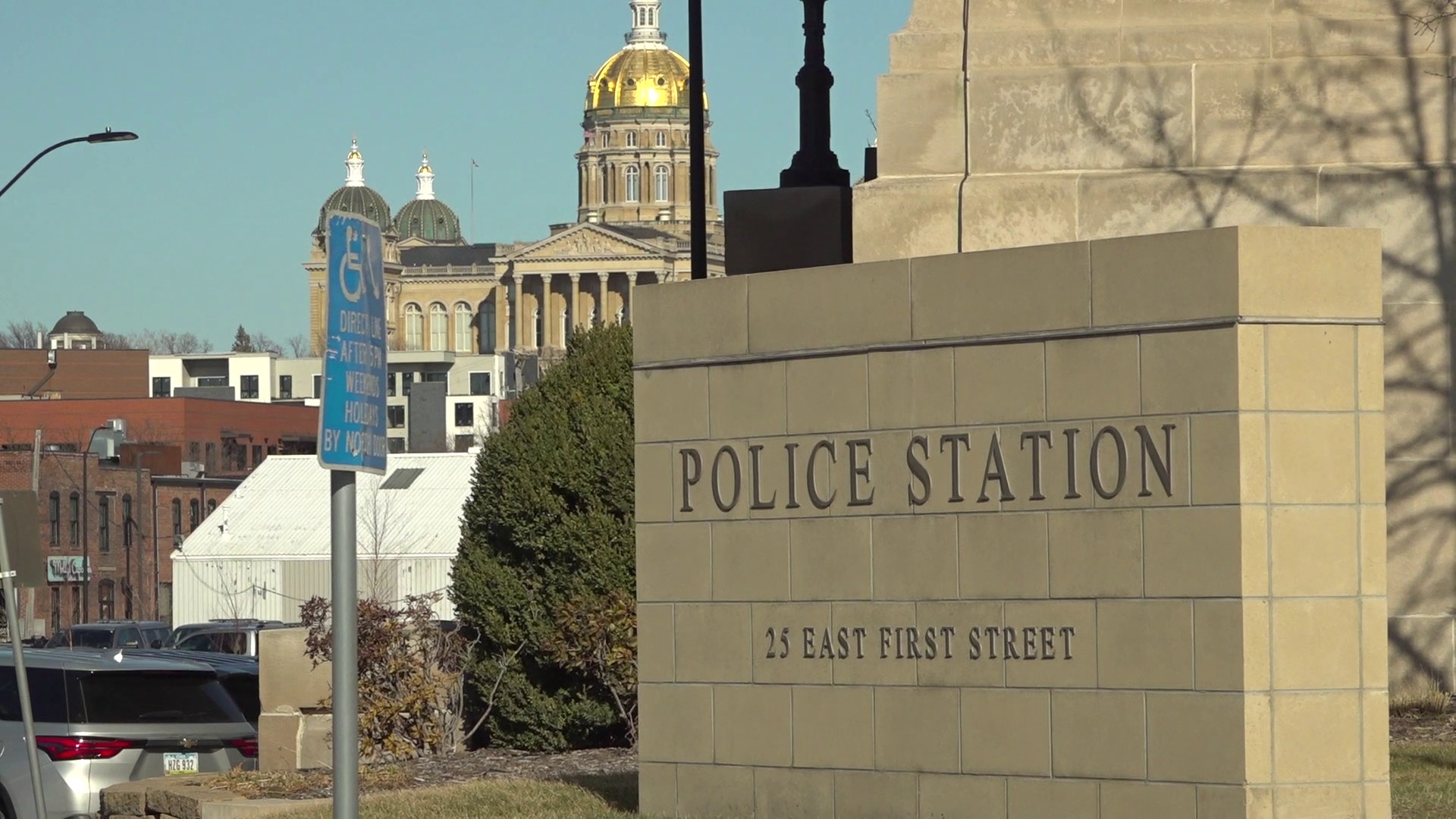DES MOINES, Iowa — Des Moines police receive thousands of calls annually, but the department says there's been an increase in the number of mental health incidents called into the station in the past year.
The department has two mental health response programs in place: Mobile Crisis Response Team (MCRT), which has been operational for over two decades, and their Crisis Advocacy Response Effort (CARE) program, which began in 2022.
The MCRT program sends police officers to respond to myriad mental health calls across the metro. Anything from individuals feeling isolated, dealing with substance abuse or dealing with past traumatic events.
But thanks to their CARE program, mental health professionals respond to these calls alone, instead of with Des Moines police officers, if no danger is suspected. If there's an imposing threat, though, officers will accompany mental health units on scene.
Some calls result in field response by mental health units, while clinicians deescalate the situation in others.
"There's times when you absolutely need a police officer, and then there are times when you don't," DMPD Sgt. Paul Parizek said. "And that's the gap that we're filling."
The police department partners with Broadlawns Medical Center's clinicians to help run the CARE program.
Des Moines police say their two mental health response programs responded to 5,893 calls in 2023
- MCRT Response (w/ Officer) Calls: 4490
- CARE Field Response Calls: 690
- CARE in Dispatch Calls: 478
- Calls involving a Child (under 18): 566
- Calls in which subject went to jail: 45
- Calls that ended in voluntary hospitalization: 711
- Calls that ended in involuntary hospitalization: 136
5,658 of those calls were within the city of Des Moines.
Des Moines Police Department receives these calls via 911 calls, 911 texts and their administration line.
Parizek told Local 5 the CARE program helps people feel more at ease, because "sometimes it's easier to connect with someone who looks exactly like you."
The CARE program also provides law enforcement the opportunity to use their time effectively responding other calls across the Des Moines metro.
"Devoting the time and money to having these resources out there and available, in the moment like that, is huge," Parizek said. "It's great for community, it's great for our people in need and it's great for law enforcement because it frees us up to do the things that we're supposed to be doing."
The city of Des Moines and DMPD are working together to expand their CARE program in future years to increase personnel for mental health programs and expand around the clock services.

